Speakers

Marisa Bartolomei
University of Pennsylvania Perelman School of Medicine

Maxim Greenberg
Institut Jacques Monod
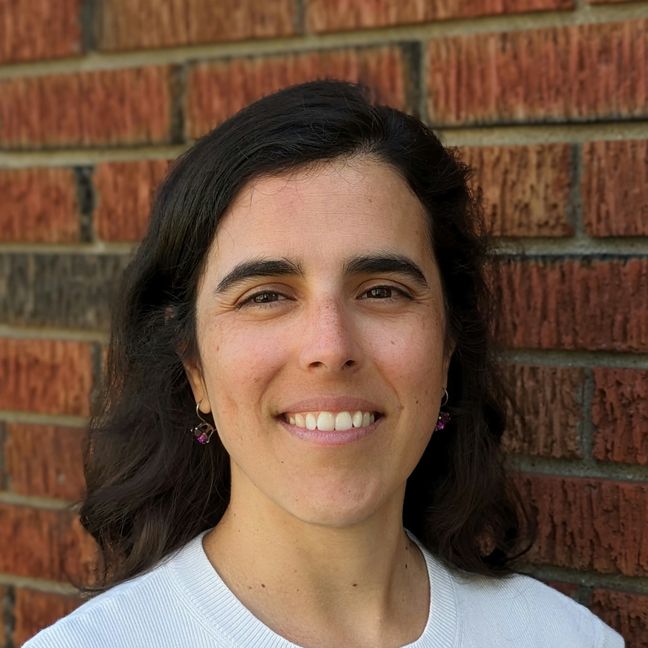
Maria Aristizabal
Queen's University
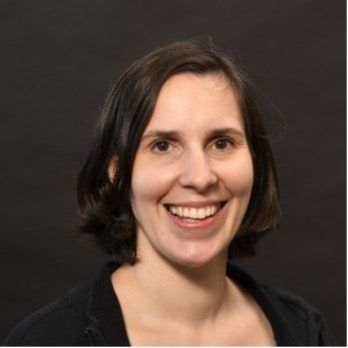
Julie Brind'Amour
Université de Montréal

Carolyn Brown
University of British Columbia
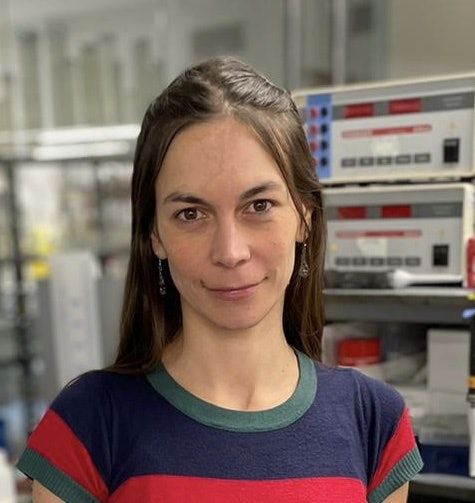
Özgen Deniz
Barts Cancer Institute, Queen Mary University of London
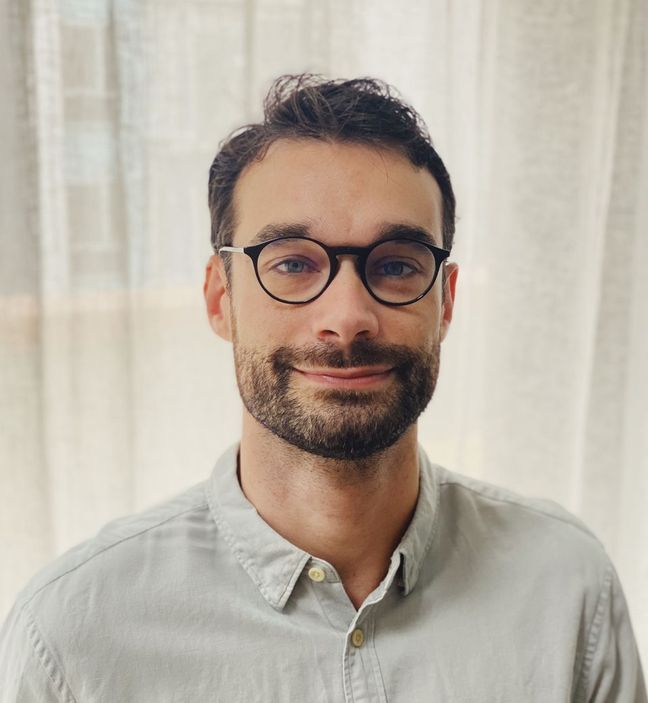
Federico Gaiti
University of Toronto
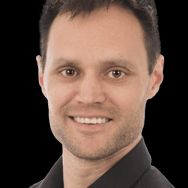
David Gosselin
Université Laval
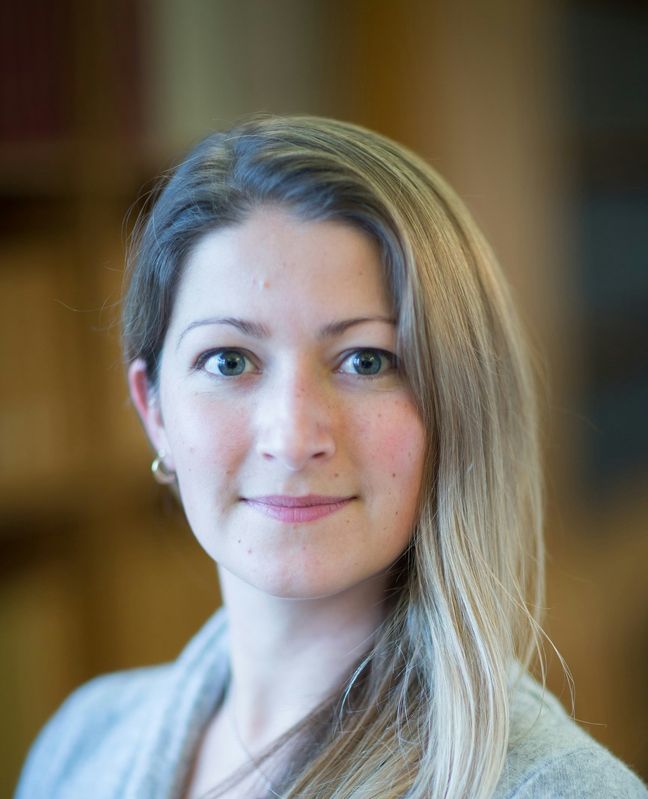
Courtney Hanna
University of Cambridge
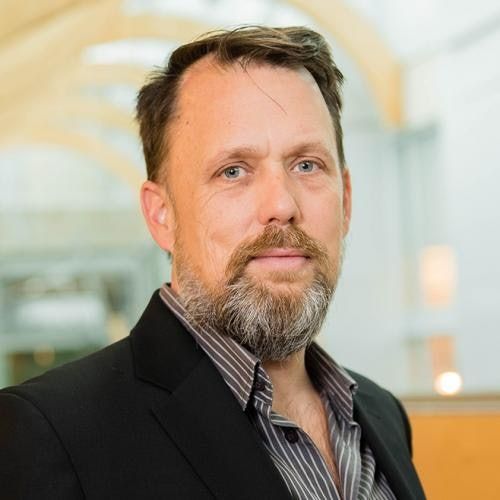
Martin Hirst
University of British Columbia
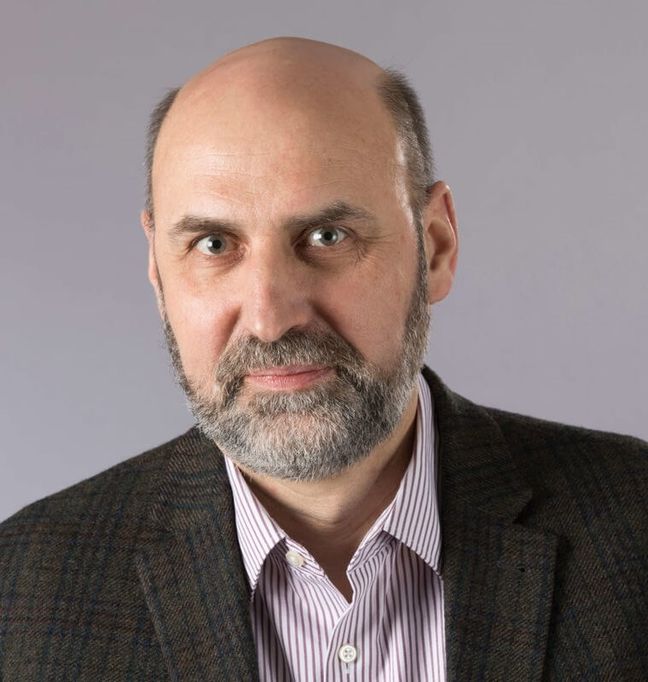
Arturas Petronis
Krembil Family Epigenetics Laboratory at CAMH

Jacquetta Trasler
McGill University

Colum Walsh
Linköping University